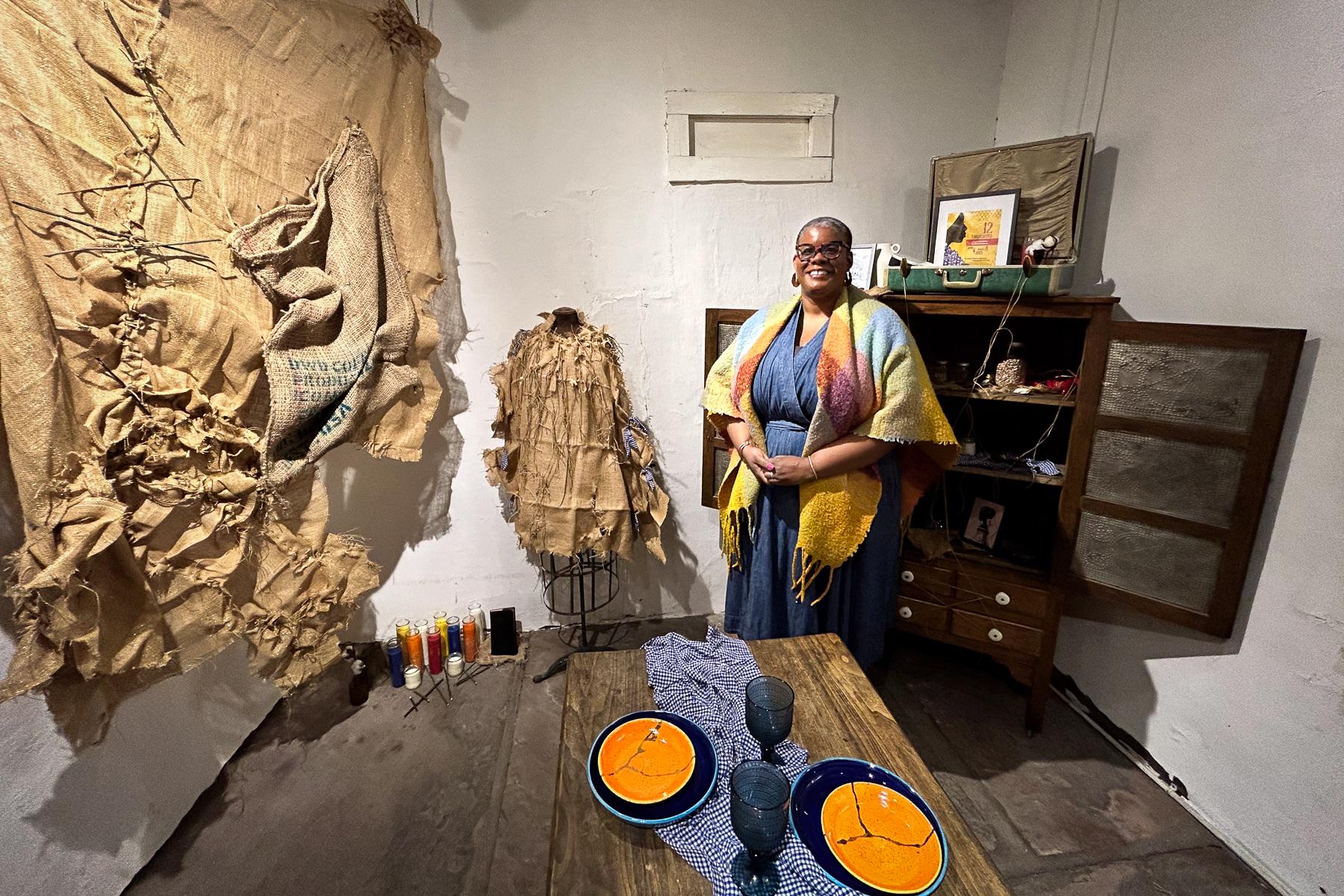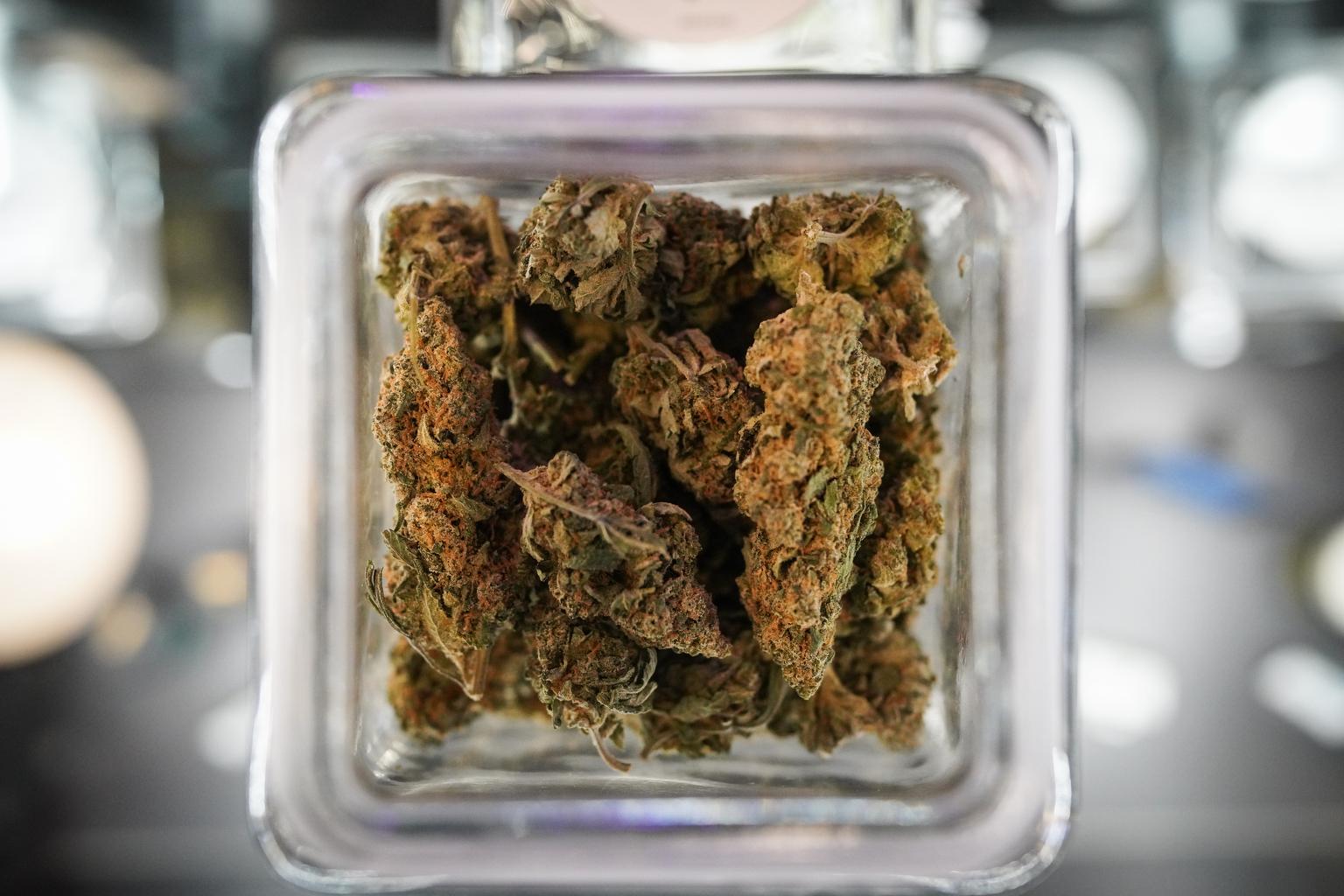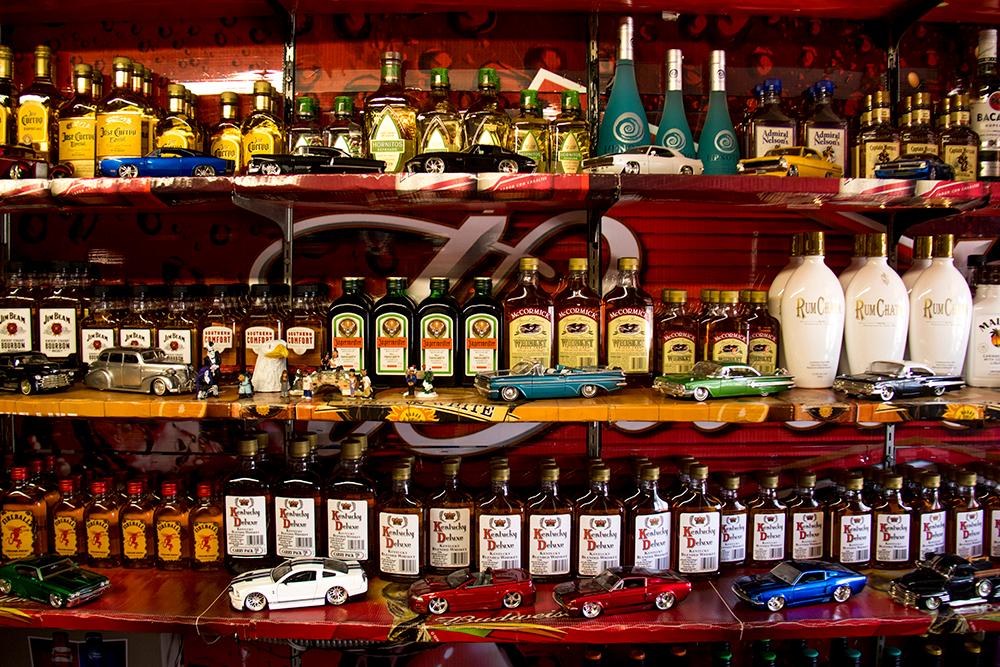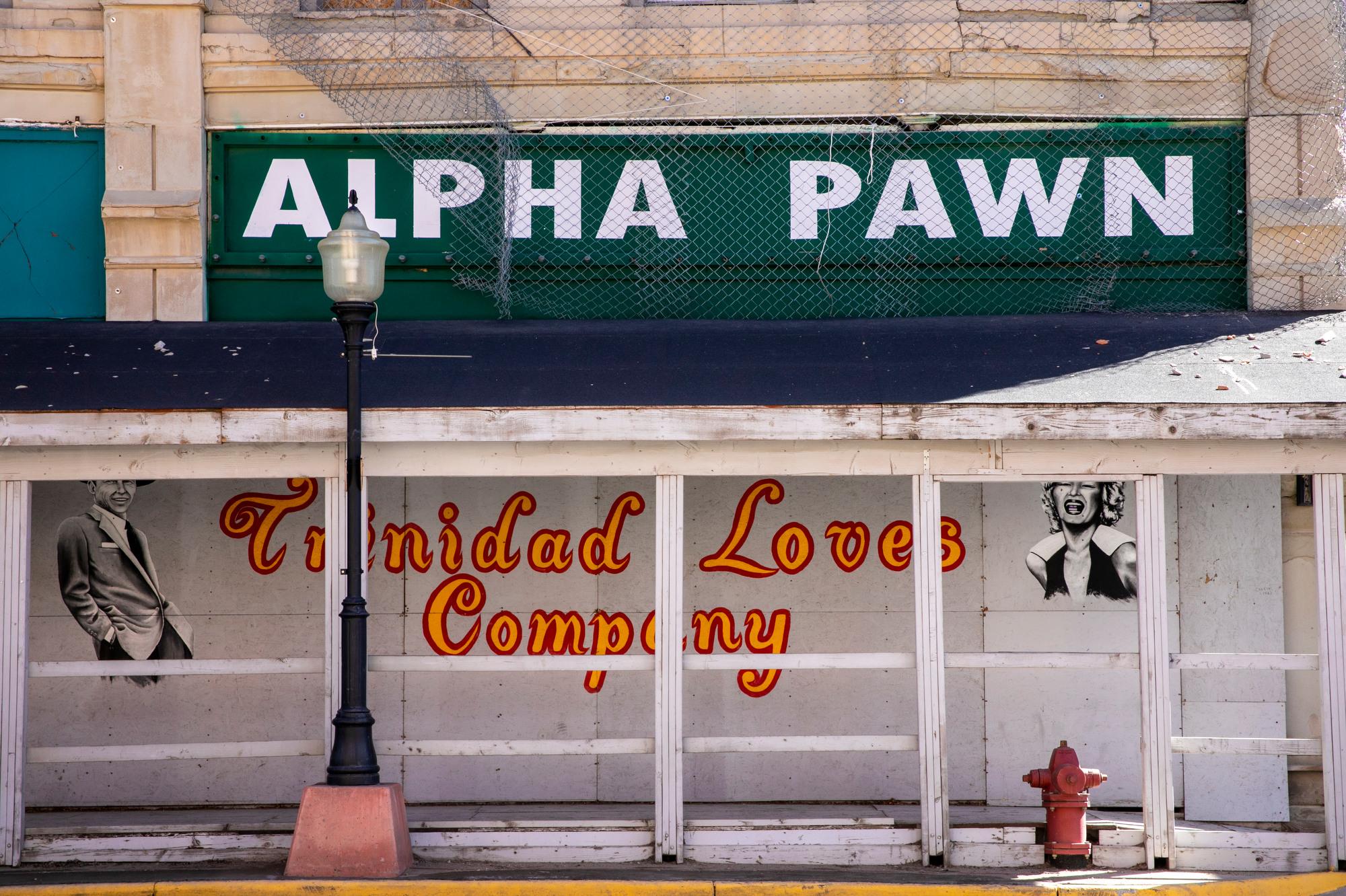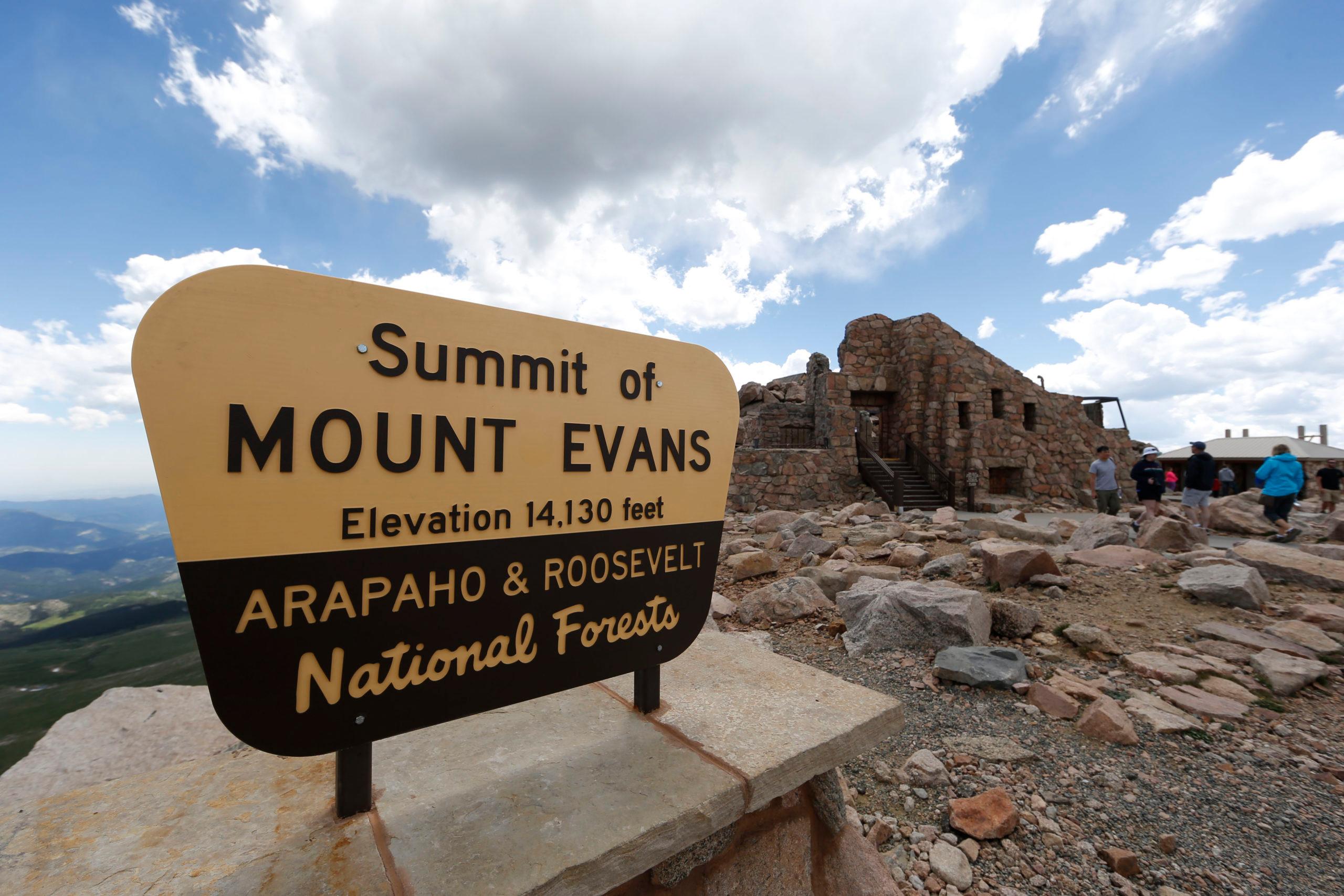
Updated 3:16 p.m.
Gov. Jared Polis issued an executive order Thursday afternoon to create an advisory board that would review and recommend name changes to things like mountains and public places.
Spurred by rising social consciousness in the wake of protests over police killings of Black people, there's now renewed attention on fraught or racist symbols like statues, monuments, landmark names and state flags.
The Colorado Geographic Naming Advisory Board will work with the United States Board on Geographic Names and evaluate name change proposals and controversial names of geographic features. The board can make official recommendations to the governor but the federal board still has the final approval for place naming of federal maps and products.
Polis said the new board “will ensure that a broad spectrum of Coloradans, local communities, and Colorado’s land-based Tribes can collaborate on any potential naming or renaming of Colorado geological points or landmarks.”
And Mount Evans, a peak most Coloradans probably know of or have visited, could be one of those renamed places. What many might not know is the legacy of John Evans, the mountain’s namesake.
Evans was the territorial governor in the 1860s before statehood in 1876. Evans helped found both Northwestern and the University of Denver and has more than one city named for him.
He also shares in the blame for the Sand Creek Massacre, a barbarous event in state history.
In the early morning of Nov. 29, 1864, U.S. soldiers attacked a camp of Cheyenne and Arapaho under the command of Col. John Chivington and killed about 150 people — mostly women, children and the elderly — despite their truce flags. In the fallout that followed the massacre, which included Evans’ defense of the attack, he was forced to resign from his governorship.
In their own investigations into their founder, both Northwestern and DU found that Evans’ leadership and moral failings left him with culpability for it.
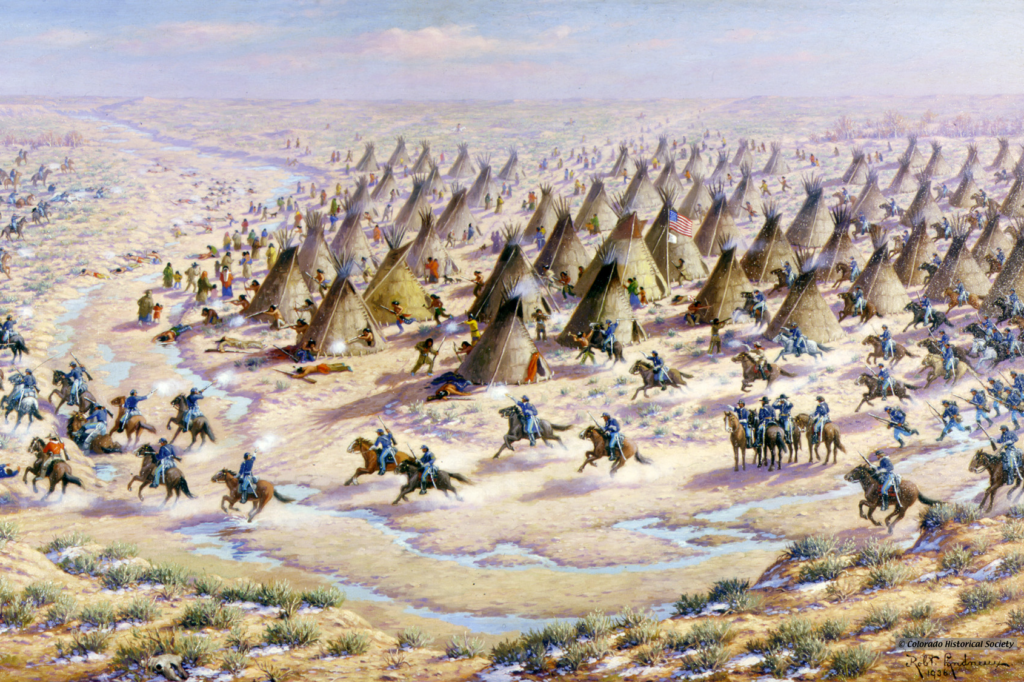
Mount Evans isn’t the only peak in Colorado with a questionable name. Nick Heimann, of Fort Collins, asked Colorado Wonders “about the history related to any of our 14ers, or any other mountains in Colorado, and whether those mountains are tied to the Confederacy or other racist connections.”
“Are we inadvertently celebrating institutionalized racism without even knowing it?”
Colorado historian Sam Bock said every mountain that was stripped of its original, Native-given name, could be considered problematic.
“A lot of the mountains in Colorado were named for people and by people for whom the Native people living here were not fully-fledged, respectable cultures,” Bock said. “To them, the Native people were savage, therefore the names they had for these places weren’t real.”
The state is the ancestral homeland of several Native American tribes, including the Arapaho, Cheyenne and Apache Nations, which makes monikers like Redskin Mountain, 50 miles west of Castle Rock or Squaw Mountain near Idaho Springs, named after a slur against Native American women, more obviously racist.
“In Colorado, mountains are such a part of our identity, that it’s really important that they all have names that make everybody feel comfortable,” Bock said.
Herb Welsh, of the Northern Arapaho Tribe, said it is deeply disrespectful to use slurs and name mountains for people who killed Native Americans, like John Evans or Kit Carson. The frontiersman’s name adorns a 14er peak, town and county in Colorado. Carson forced thousands of Navajo people to march up to 450 miles to an internment camp in New Mexico. About 200 died along the way. This is known today as The Long Walk of the Navajo.
”[Evans and Carson] are held in high esteem, high regard, but from a Native viewpoint, they’re criminals,” Welsh said. “They committed atrocities against our people.”
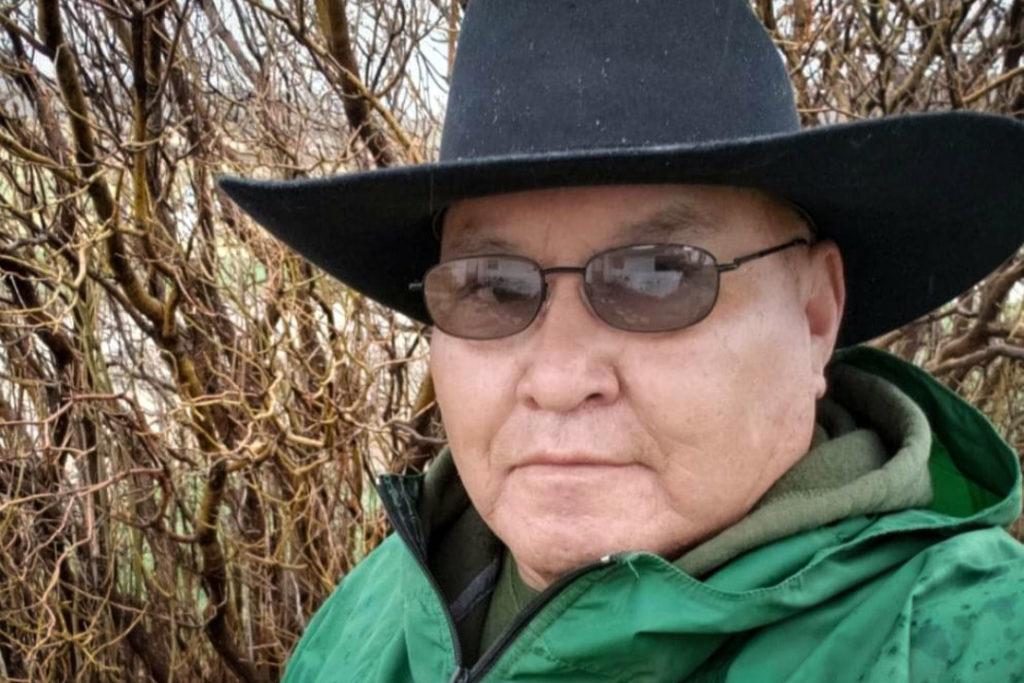
He believes Evans was an evil man, and if there’s to be healing from the country’s racist past, renaming monuments, both natural and manmade, is one place to start.
“We cannot go on like this,” Welsh said. “So we have to change the small things, we have to start small. Mountain tops; street names; how history is written; pulling down the monuments.”
Nationally, the U.S. Board on Geographic Names has considered almost 290 changes to names considered offensive over the last two decades and approved almost 270 of them. They have four petitions already filed to rename Evans, Redskin and Squaw. The petitions need to be approved by the state's board before it can go up for national review.
The oldest of those petitions have been on hold for two years after the previous board essentially dissolved after its longtime state archivist retired.
The reconstituted state naming advisory board will have 15 governor-appointed representatives from History Colorado, the Colorado Commission of Indian Affairs and two representatives with a background in either race or ethnic studies.
One of the people working to change Mount Evans’ name is Kate Tynan-Ridgeway. As of the end of June, it has been two years since she submitted her petition. The U.S. Board on Geographic Names said it can take more than a year to fully process a case, depending on where the mountain is and how local governments handle it.
Tynan-Ridgeway’s proposed change is Mount Cheyenne Arapaho, in honor of those who died there. While she suggested a new name, that’s all it is: a suggestion.
“I kind of see myself as a catalyst for the process,” she said. “I would definitely honor more the Indigenous communities that are involved in that decision.”
Another petition suggests Mount Evans should be renamed Mount Soule, after Capt. Silas S. Soule, who refused the order to participate in the Sand Creek Massacre. As for other problematic peaks, one petition to rename Squaw Mountain suggests the name Mount Mistanta, after a female Cheyenne leader also known as Owl Woman, who facilitated trade between white and Native folks at Bent’s Fort in Colorado. For Redskin Mountain, a petition suggests the name Mount Jerome, after Irene Jerome Hood, a white woman who photographed the Front Range in the late 19th century.
These names have long been epithets for Native Americans. Fred Mosqueda, an Oklahoman member of the Arapaho Nation, said the Black Lives Matter movement, fueled by a long legacy of police brutality, has breathed new life into the conversation.
“I’m glad that this new resurgence of bringing things out, that’s good,” Mosqueda said. “But it’s terrible that it took something like this for it to happen.”
Mosqueda and others in his tribe still see Colorado as their ancestral homeland and having racist names on its map is distressing.
“That’s not what we want people to see when they look at a beautiful landscape — to be reminded of the bad way of looking at a person.”
CPR’s Hayley Sanchez contributed to this report.

